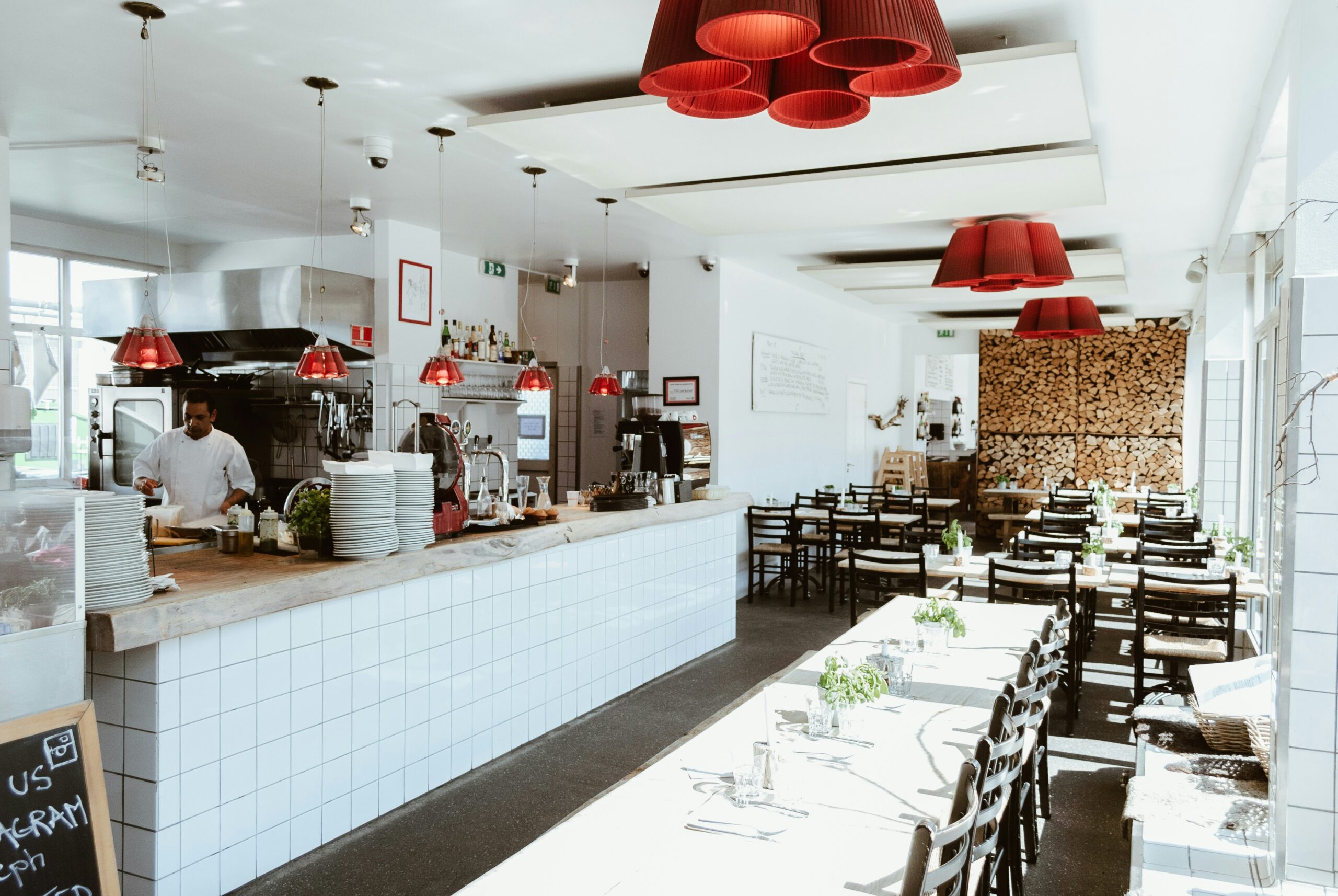In the past year, Berlingske newspaper estimates that 45,000 Danes have suffered from food poisoning after having eaten imported fruits and vegetables.
This has led supermarkets to call on the government to implement tougher safety checks on foreign produce in order to protect the Danish public from diseases like salmonella.
Specifically, it’s been suggested that fruit should go through a ‘case-by-case control’, similar to the system which is currently used to ensure the quality of meats.
Raw meat and poultry checks have been in place since 2006, focusing largely around detecting diseases such as salmonella and bacteria like campylobacter.
Jørgen Bentzen, who is in charge of quality control in Danish super markets such as Føtex, Bilka and Netto, wants a similar type of procedure to be used when checking imported fruits and vegetables.
“Case-by-case control of fresh meats has had a noticeable effect, but some of the resources allocated to the procedure could be put to more effective use,” Bentzen told Berlingske. “Some of the money that goes into raw meat control should be used for vegetable control as well.”
Susanne Knøchel, a food sciences professor at the University of Copenhagen, agreed but stressed that the procedure is easier said than done.
“Frequent checks should be carried out on this type of food too, but bear in mind it’s very difficult to carry out safety tests on fruits and vegetables from exotic countries,” Knøchel told Berlingske. “This is especially when it comes to sugar snap peas, baby corn and herbs.”
But the food minister, Mette Gjerskov (Socialdemokraterne) disagreed with the call for increased controls. She was adamant that the current system is sufficient and doesn’t need tinkering with.
“The ‘case-by-case control’ is specifically set up for meat and poultry imports. It doesn’t make sense to just simply use the same methods in that type of quality control for vegetables as well,” Gjerskov told Berlingske. “We currently have a seven step procedure that accounts for that type of quality control in fruits and vegetables. It’s one that works, and one that we believe in.”
The calls for greater quality control follow an incident in late 2011 in which 20 tonnes of Italian cherry tomatoes infected with salmonella caused 43 Danes to become seriously ill.















